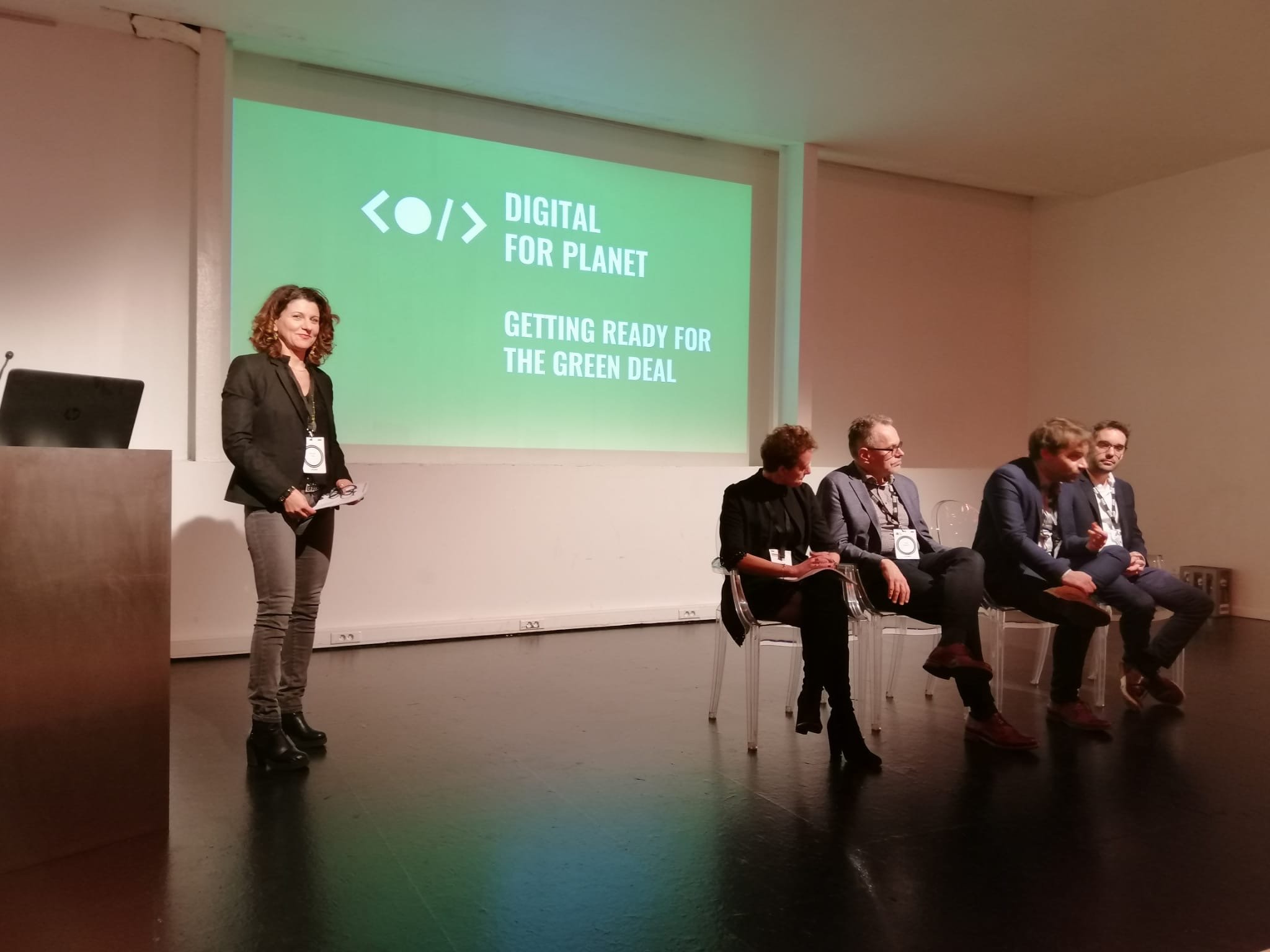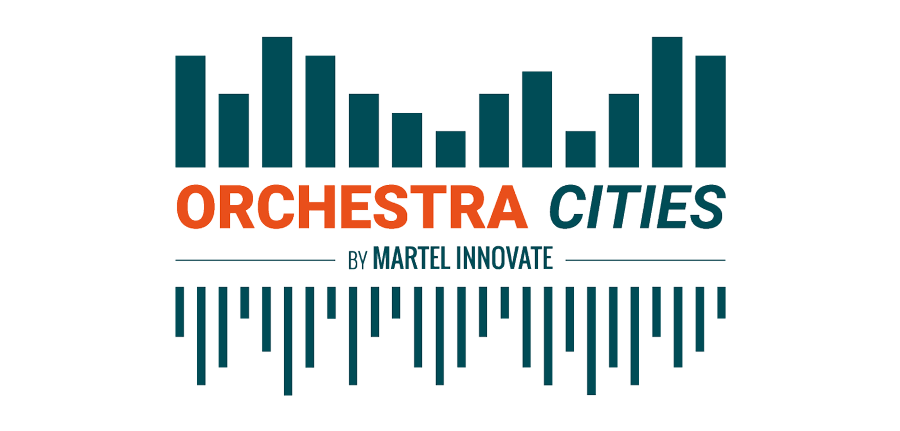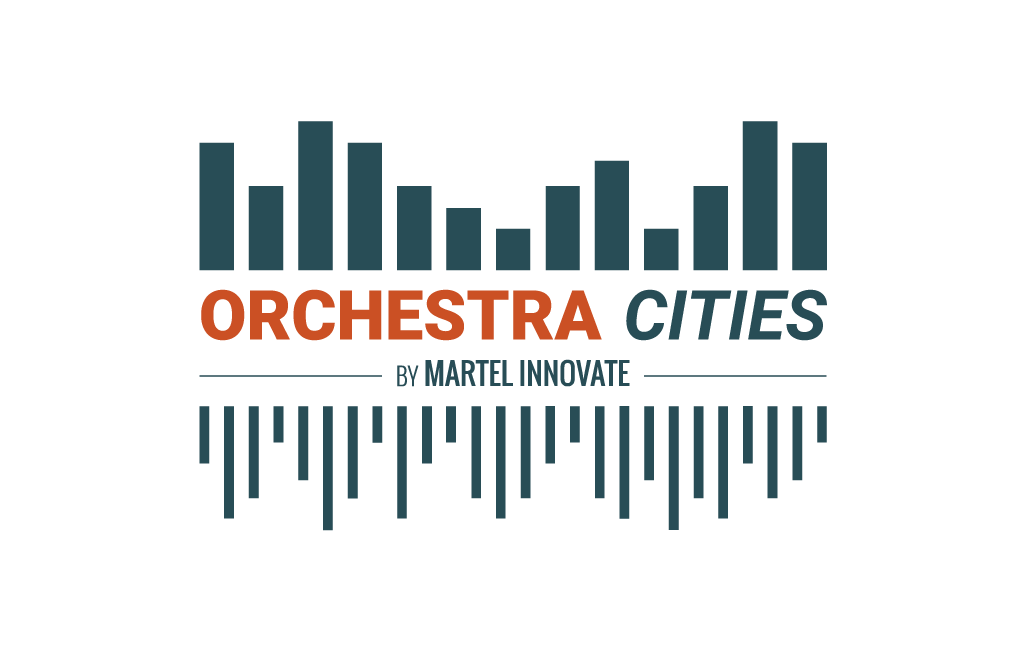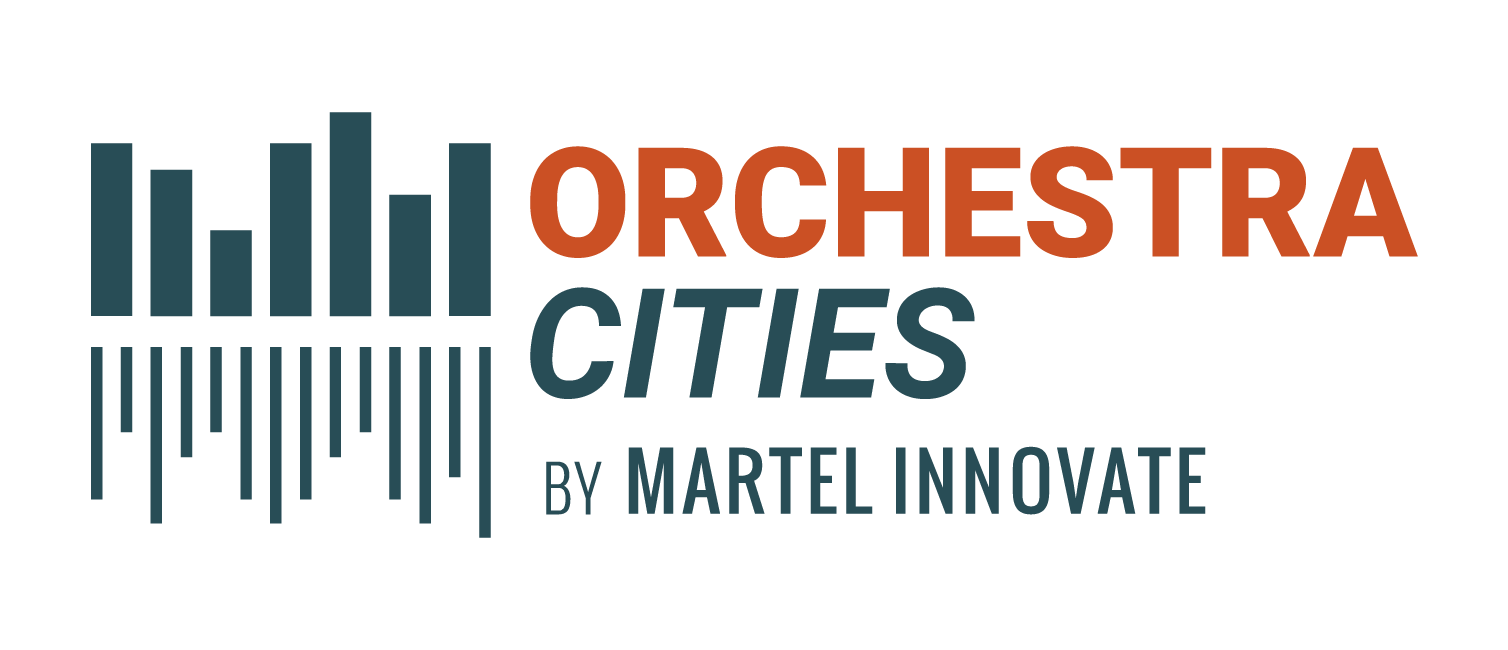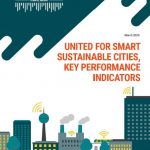Martel’s affinity for smart cities was in full evidence at the Connected Smart Cities Conference in Brussels on 23 January.
Martel’s CEO Dr Monique Calisti spoke at a session on Operating Urban Data Platforms based on Minimal Interoperability which garnered great interest from the audience. Cities and communities across the world are implementing urban data platforms to integrate data from different sources embedded in the urban fabric. This session discussed the current state of implementation of urban data platforms and how using standards enable these platforms to become interoperable and large-scale.
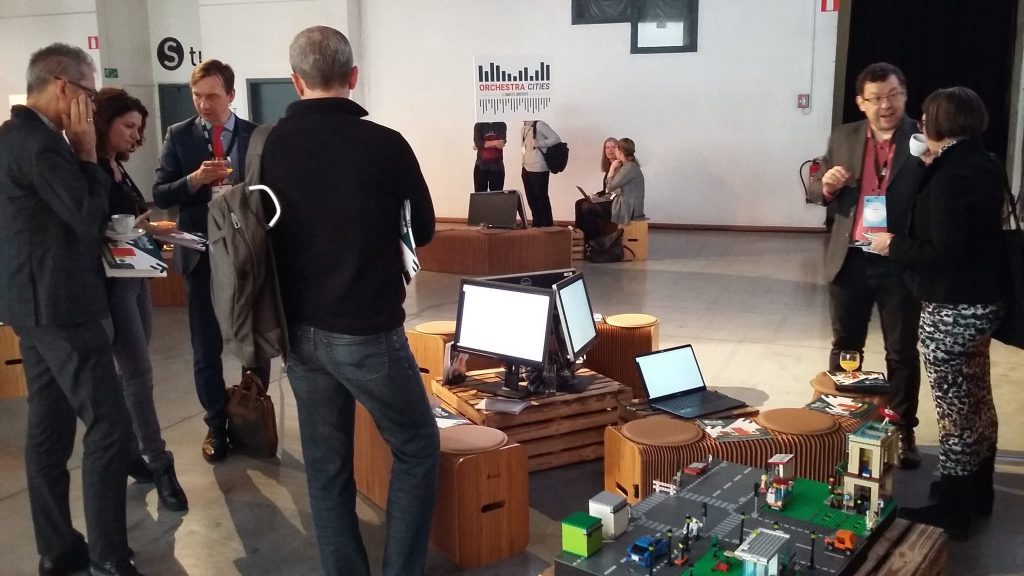
In a presentation featuring the Martel smart city platform, Orchestra Cities, Dr Calisti gave an overview of the state-of-the art technology, the presentation also highlighted the standards being successfully used in city IT infrastructure. In addition Orchestra Cities’ best practices were highlighted as well as common challenges that need to be overcome in order to sustainably scale urban platforms.
Orchestra Cities also garnered attention at the booth demonstrating the FIWARE technology through a lego model of use-cases such as parking, air monitoring and refuse collection. Chief Innovation Officer, Dr Giovanni Rimassa said, “CSCC attendees come from various different angles (cities, utilities, tech, policy). They enjoy the Lego model, with its ‘here and now’ local sensors, while experiencing the big-picture Orchestra Cities dashboards on our screens or directly on their smartphones. Such a combination highlights the layered complexity of Smart Cities, and showcases the strength of our open source, cloud native platform in maximizing the benefits.”
Cities and communities across the world are implementing urban data platforms to integrate data from different sources embedded in the urban fabric. This session discusses the current state of implementation of urban data platforms and how using standards enable these platforms to become interoperable and large-scale.
An afternoon session, Cities on the Frontier – Building Better Environments, organized in collaboration with NGIoT, was moderated by Dr Monique Calisti, who then led the discussion. Interventions focused on providing best practices and use cases of what is already being implemented in cities to achieve the goal of being a ‘climate-neutral and smart city’.
Cities are already on the frontier when it comes to addressing the real challenges of providing a healthy environment for their communities, and of delivering impactful climate action for the planet. Cities are ground zero for trialing and implementing solutions that help to tackle the challenges of the 21st century. Saving energy, resources and budget, or calculating the least pollutant way of getting around in a city: new technologies such as the Internet of Things, 5G/LPWAN, and urban data platforms are already being used to improve living conditions for citizens. This session provided examples and best practices from cities and communities.
Martel also presented its new non-for profit initiative – Digital For Planet which aims at mobilising research, innovation and policy efforts promoting human-centred technologies and solutions for the sustainability of our planet.
